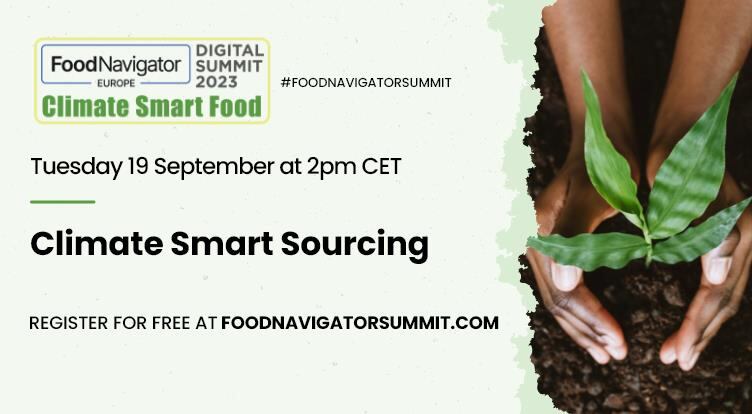The whitepaper from GlobalData Consumer Custom Solutions, which provides consultancy services to the retail, food, beverage and packaging industries, explores the volatility in the current macro-economic environment and the impact this will have on the beverage industry and their consumers over the next few years.
Stronger economic growth along with higher interest rates, stubborn inflation, physical disruption from climate change, supply chain stress and an unpredictable geopolitical situation are all factors creating an era of significant macro instability that GlobalData calls ‘The Great Volatility’.
According to the consultants, this phenomena is a new macroeconomic supercycle that is creating a more pressurized, erratic and uncertain business environment for beverage companies to operate in, which is also impacting consumers’ lives and behaviors.
“The world economy is in for a bumpy ride over the next few years,” said Dominic Allport, Consulting Director Non-Alcoholic Beverages, Consumer Custom Solutions at GlobalData. “Despite signs that the current wave of inflation is peaking across some markets, we can see that factors such as higher costs, higher prices, climate change, geopolitics, and high levels of debt will continue to cause economic uncertainty for the foreseeable future. This new economic supercycle, called ‘The Great Volatility’, will impact the beverage industry in many ways as consumers adapt to this new reality and adopt a range of different behaviors to cope with this economic rollercoaster.”
Risks and opportunities
Risks, for example, include stress on consumer spending. But this may create a diverse range of products that cater to both premium and value-oriented customers in multiple categories.
Meanwhile, the scarcity and rising costs of raw materials are causing volatility, and consumers now demand complete transparency of the supply chain. But shortening supply chains via reshoring (or returning of the production and manufacturing of goods to the company's original country) offers ESG benefits.
The whitepaper also warns the world economy will not settle back into the pre-Covid decade’s pattern of low growth with low inflation and low interest rates, and that European companies may no longer be able to enjoy growth on the back of China’s economic success story.
“The Great Volatility macro supercycle, will be a higher-pressure hotter economy with stronger real growth but a regime of significantly greater macro volatility with higher inflation and interest rates,” added Christopher Granville, Managing Director, Global Political Research at TS Lombard, a GlobalData Company. “This will lead to more pronounced swings in input costs, labour supply and consumer confidence which will present food and beverage companies with rising risks and complex opportunities as they consider and navigate their way through the varied and complex landscape of the new supercycle.”
Want to learn more about supply chain disruptions? Register here for our free-to-attend Climate Smart Food digital event 19-21 September.




